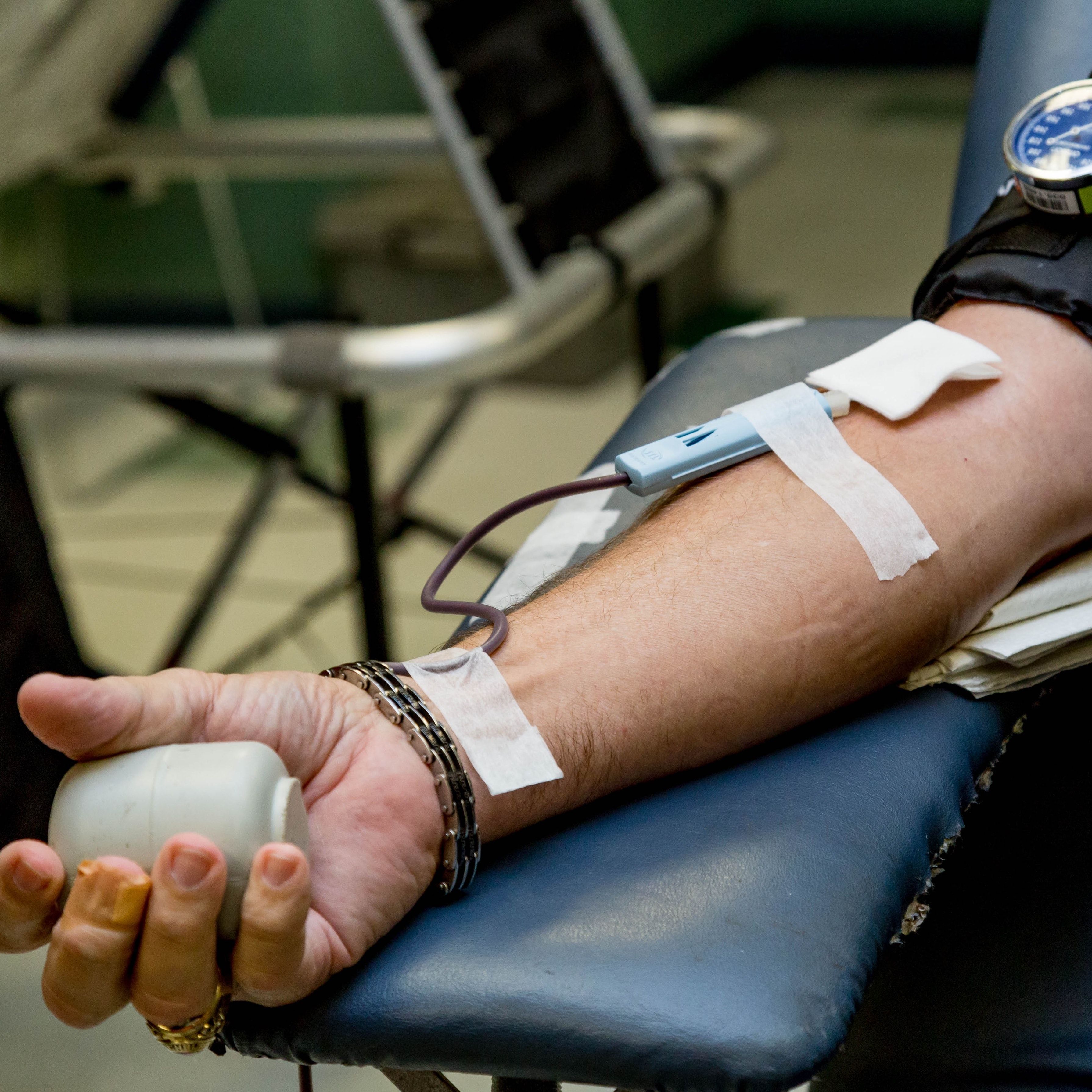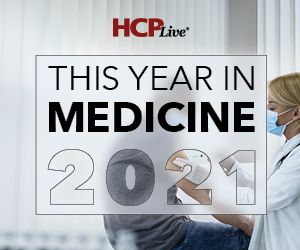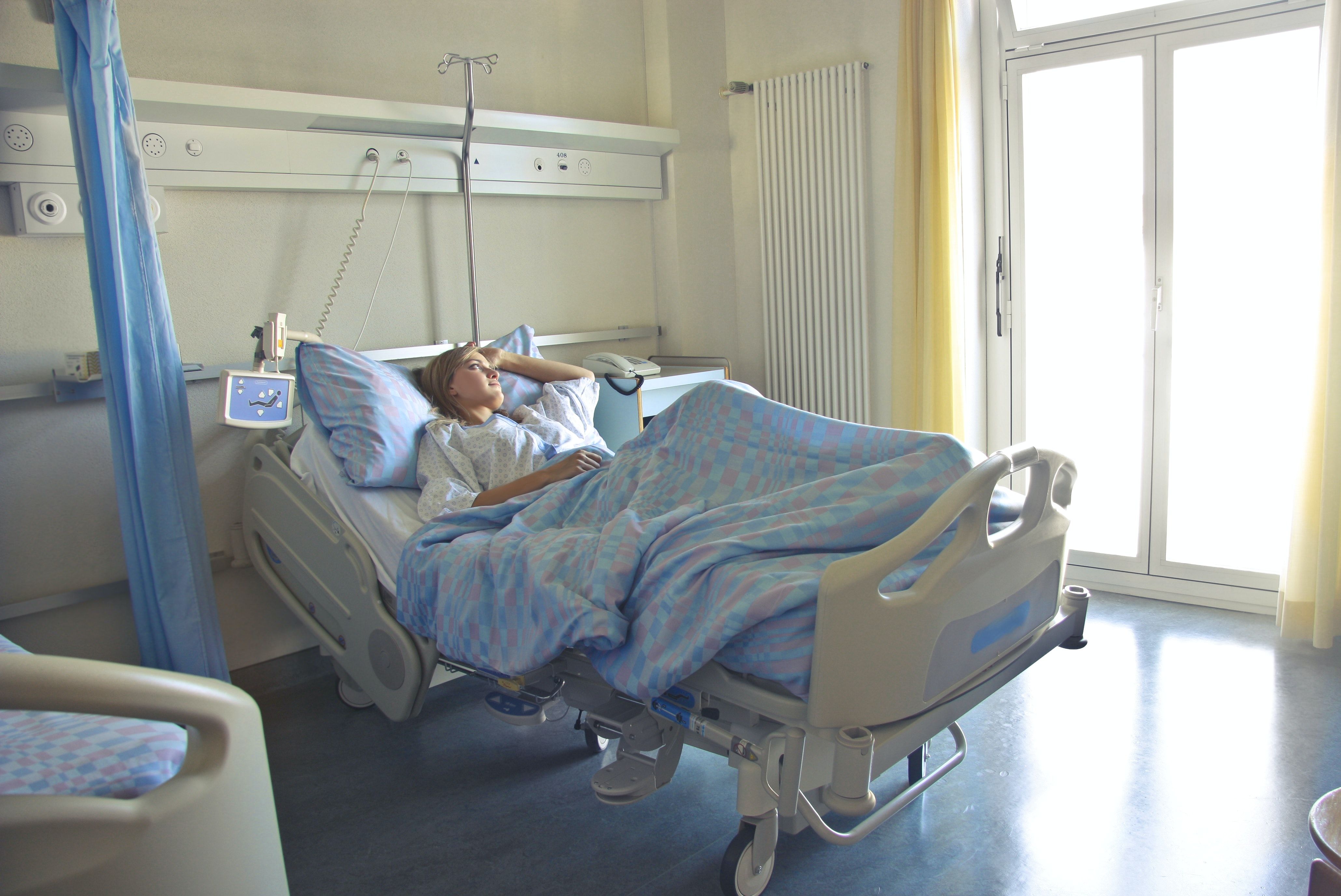Article
Antiretroviral Therapy Timing During Pregnancy Affects Infection Risk for HIV-Exposed Infants
Author(s):
When expectant mothers started antiretroviral therapy before pregnancy, their HIV-exposed but uninfected infants had lower infection risk than infants whose mothers started ART during pregnancy.

Infants prenatally exposed to but uninfected by HIV experienced twice the risk of hospitalization for infection compared to those who were not exposed to HIV.
At the same time, the risk of infection in these HIV-exposed but uninfected (HEU) babies was lower in mothers who began antiretroviral therapy before they became pregnant compared to those who started ART while pregnant.
“Most of the excess risk of infection-related hospitalization in HEU as compared to HU (HIV unexposed) infants could be attributed to initiation of antiretroviral therapy during rather than before pregnancy,” wrote authors led by Arnaud Marchant MD, PhD, Institute for Medical Immunology in Gosselies, Belgium.
Previous studies have documented that HEU infants born in low- and middle-income countries have a high incidence health care visits, hospitalizations, and deaths related to infectious diseases.
HEU infants in wealthy countries also have significant infection-related hospitalizations. However, no one has quantified the excess risk to these babies when compared to HIV unexposed babies, study authors wrote in Clinical Infectious Diseases.
To investigate, the team considered 130 HIV-infected and 120 HIV-uninfected mothers in Belgium, a high-income country. The women were recruited during the 32nd week of gestation. Infants were enrolled in the study when they were born, and examined at birth and at 1, 2, 3, 4, 6, 9, and 12 months. All told, the researchers considered 132 HEU children and 123 HU children.
Antiretroviral therapy was initiated before pregnancy in 81 women and during pregnancy in 51 women for prevention of mother-to-child transmission of HIV (PMTCT). This included 18 women diagnosed with HIV infection during pregnancy.
In the first year of life, 34 hospitalizations for infection occurred in 27 of the 132 HEU infants; 18 hospitalizations occurred in 14 of 123 HU infants. Most infection-related hospitalizations took place during the first 3 months of life. RSV bronchiolitis was the cause of hospitalization in 10 HEU infants and in only 1 HU infant, the researchers said.
Intrigued by the role that timing of antiretroviral therapy initiation played in HEU infants, investigators compared infection-related hospitalization of infants born to mothers who initiated ART before or during pregnancy to that of HU infants.
“In HEU infants, time of initiation of maternal ART was significantly associated with infant hospitalization for infection,” the authors wrote.
Compared to HIV unexposed infants, the adjusted hazard ratio of HEU infants was 3.84 when mothers initiated antiretroviral therapy during pregnancy and only 1.42 when ART was initiated before pregnancy.
Additionally, the risk of hospitalization for infection was higher in infants born to mothers who initiated ART during the last as compared to the first 2 trimesters of pregnancy. However, this difference did not reach statistical significance.
Data on the timing of ART support the notion that the activity of maternal HIV infection is a key determinant of the risk of severe infections in HEU infants and suggest that the increased burden of infectious diseases in HEU infants could be reduced by controlling HIV replication throughout pregnancy.
Additionally, the research suggests that the risk of hospitalization for infection in HEU infants was correlated with immune alterations measured at birth. The authors noted that activation of monocytes and reduced transfer of maternal antibodies were observed in HEU newborns.
“This study showed that the most intense immune alterations are detected in the highest risk group of HEU infants born to mothers who initiated ART during pregnancy,” the authors wrote. These observations have important implications for this vulnerable population, the researchers said.
“Identifying HEU newborns at risk of severe infections using immune biomarkers could guide the implementation of preventive interventions, including anti-microbial prophylaxis and immunization,” the authors wrote.
The study, “Initiation of anti-retroviral therapy before pregnancy reduces the risk of infection-related hospitalization in HIV-exposed uninfected infants born in a high-income country,” was published in Clinical Infectious Diseases.
2 Commerce Drive
Cranbury, NJ 08512
All rights reserved.





